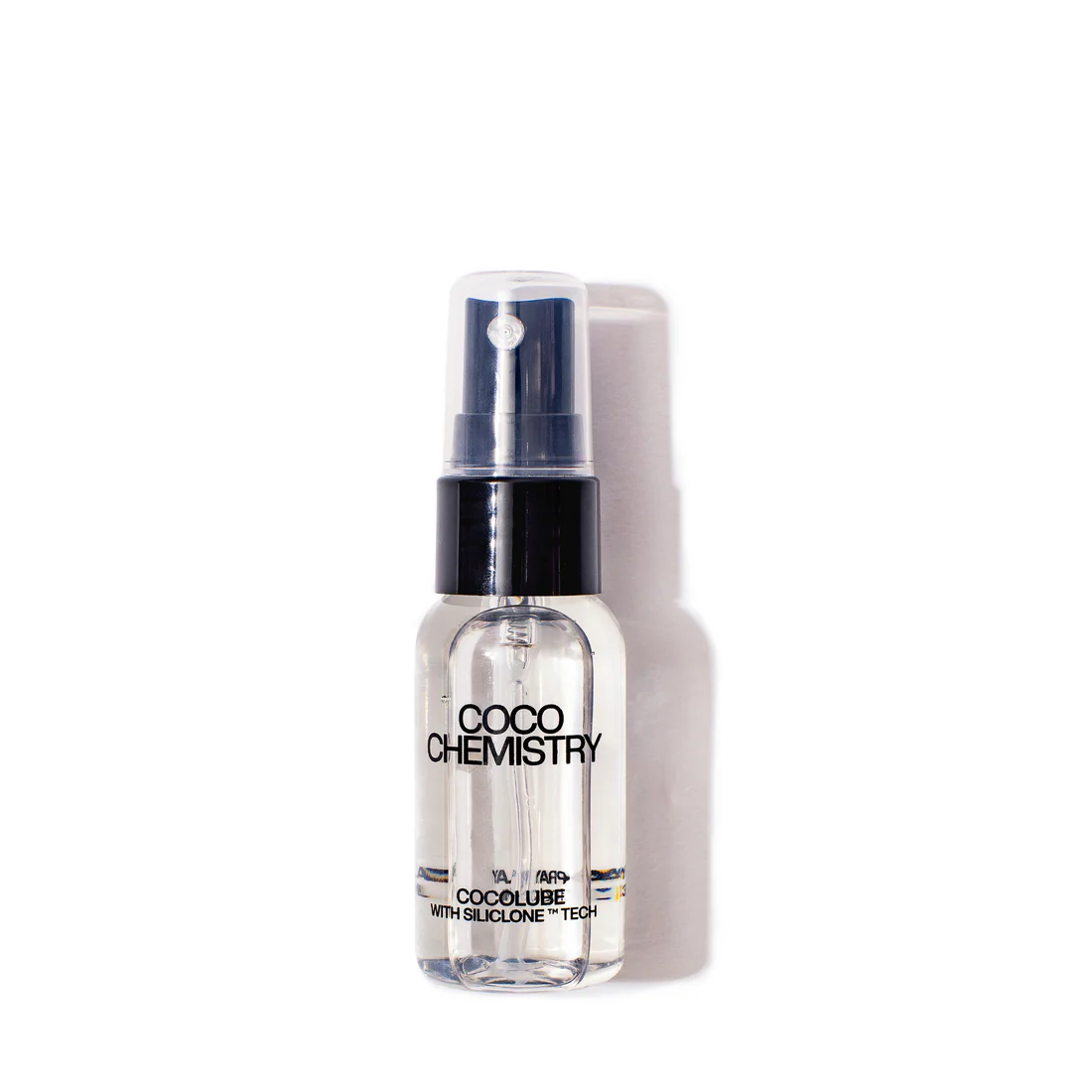6 Signs You’re Using the Wrong Lube for Your Body

When it comes to intimacy, finding the right personal lubricant can completely change your experience. But here’s the truth — not every lube suits every body. Some feel sticky, others dry out too fast, and a few can even cause irritation. The wrong product doesn’t just ruin the moment; it can actually mess with your comfort and your body’s natural balance.
So, how do you know if your lube isn’t the right match? Let’s break down the most common red flags that tell you it’s time to switch.
1. You Feel Burning or Itching After Use
The first and most obvious sign — your lube burns, stings, or makes you itchy. That’s not “just sensitivity”; it’s your body rejecting something in the formula.
Some personal lubricants contain glycerin, parabens, or artificial fragrances that can throw off your natural pH and cause irritation. Glycerin, for example, can feed yeast bacteria, leading to infections.
If your skin feels raw or uncomfortable after use, you’re likely reacting to one of these additives. The fix? Look for pH-balanced, hypoallergenic lubricants made without alcohol or harsh chemicals. Water-based or aloe-based lubes tend to be gentler and safe for most people.
2. It Dries Out Too Fast
If you constantly have to reapply lube, that’s another red flag. A good lube should stay smooth for as long as you need it — not vanish halfway through.
Some lower-quality water-based lubes evaporate quickly because they’re packed with too much water and not enough humectants (ingredients that hold moisture). This can lead to friction, discomfort, or even microtears.
To fix this, try a silicone-based personal lubricant. It lasts longer, doesn’t dry out, and is ideal for longer sessions or use in water. Just note — silicone lube shouldn’t be paired with silicone toys, since it can degrade the material.
3. It Feels Sticky Instead of Smooth
Your lube shouldn’t feel like glue. If it’s tacky or leaves a gummy residue, that’s a texture fail. A good lubricant should feel silky, light, and barely noticeable.
Sticky residue usually means the formula contains cheap fillers or too much glycerin, which can make cleanup annoying and ruin the experience.
Switch to a lube that feels natural — one that mimics your body’s own moisture. Many brands now make hybrid lubricants (a blend of water and silicone) that balance smoothness with easy cleanup.
4. You Notice Strange Odors or Taste
If your lube smells overly sweet, chemical-like, or artificial, that’s a sign of poor quality. Fragrances and flavoring agents are common irritants — especially in intimate areas.
Good lubricants should be odorless or mildly natural, not overwhelming. Even flavored ones should taste light, not syrupy or bitter. Remember, your skin absorbs what you put on it. Anything that smells like candy but reads like a chemistry experiment probably doesn’t belong near your body.
Pro tip: if the ingredient list reads like a science fair project, skip it. Look for simpler, plant-based formulas with ingredients like aloe, hyaluronic acid, or natural oils.
5. You’re Experiencing More Infections or Discomfort Than Usual
Frequent yeast infections, dryness, or post-intimacy discomfort can all be linked to your lubricant. Some ingredients disrupt your body’s natural flora or alter its pH balance, creating the perfect environment for bacteria or yeast to grow.
This is especially true if you’re using flavored, warming, or “tingling” lubes — these often contain menthol or sugar-based additives, which can irritate sensitive tissue.
If you’ve noticed recurring irritation since switching lubes, go back to basics: choose a water-based, glycerin-free personal lubricant designed for sensitive skin. Avoid anything with “warming” or “enhancing” claims until your body feels balanced again.
6. It Just Doesn’t Feel Right for You
Not all signs are physical. Sometimes, the lube simply doesn’t feel right — maybe it’s too thick, too thin, or doesn’t match the type of intimacy you’re having.
Your needs can change over time. For example:
-
Water-based lubes work well for most activities and toys.
-
Silicone-based lubes are great for long-lasting smoothness and shower play.
-
Oil-based lubes can feel luxurious but aren’t compatible with latex condoms.
If you’re experimenting with different types of intimacy, consider keeping more than one kind of lube on hand. Think of it like skincare — you wouldn’t use the same cream for your face and your hands, right? Your body deserves the same attention.
Bonus Tip: Always Check the Ingredients
Here’s something most people skip — reading the label. Before using any personal lubricant, scan for potential irritants like:
-
Glycerin (can cause yeast infections)
-
Parabens (linked to hormone disruption)
-
Propylene glycol (can cause burning or itching)
-
Nonoxynol-9 (a spermicide that can irritate skin)
-
Fragrance or flavor additives
A clean, simple ingredient list is your best friend. The fewer fillers, the better your experience.
How to Find the Right Lube for Your Body
If you’ve identified one or more of these signs, don’t panic — you’re not alone. Most people try several lubes before finding “the one.”
Here’s a quick cheat sheet:
-
Start with water-based for general use (safe for condoms and toys).
-
Go silicone-based for longer sessions or water play.
-
Try natural or organic formulas if you have sensitive skin.
-
Avoid heavily scented or flavored versions unless they’re labeled body-safe and pH-balanced.
And if you’re ever unsure, test a small amount on your wrist or inner thigh before using it intimately. Your skin will tell you if it’s unhappy.
Final Thought
The right lube should feel effortless — no irritation, no stickiness, no weird after-effects. If your current one doesn’t tick all those boxes, it’s time to upgrade.
Choosing the right personal lubricant isn’t about hype or brand names; it’s about how your body responds. When you find one that feels natural, enhances pleasure, and leaves you feeling good afterward — that’s the one worth keeping.
- Art
- Crafts
- Drinks
- Fitness
- Food
- Spellen
- Health
- Home
- Literature
- Music
- Networking
- Finance
- Other
- Hotels
- Shopping
- Sports
- Wellness


